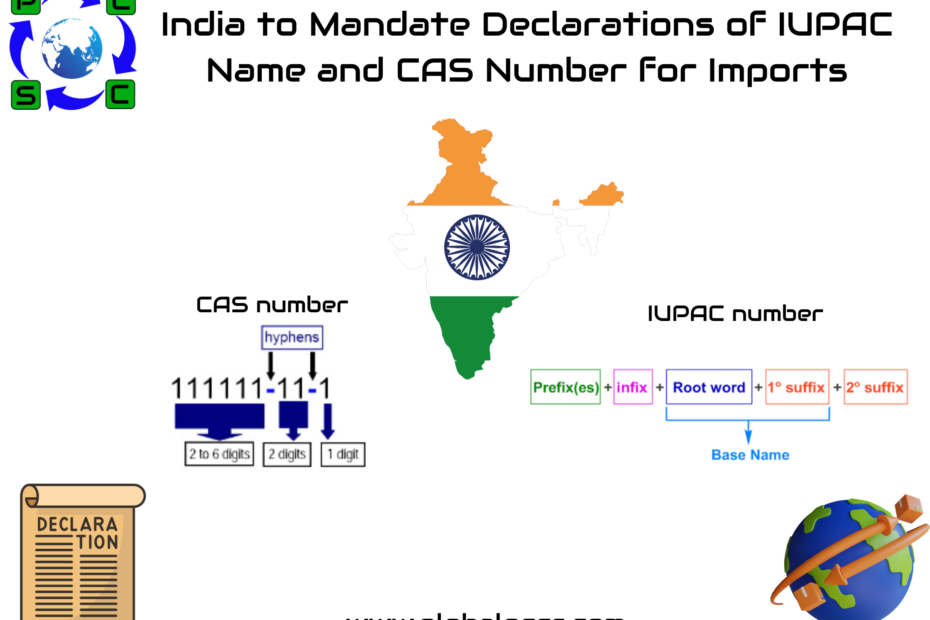IUPAC Name
The International Union of Pure and Applied Chemistry (IUPAC) is the international body that represents chemistry and related sciences and technologies.The International Union of Pure and Applied Chemistry (IUPAC) has recommended a system for naming organic chemical compounds, which is known as the IUPAC nomenclature of organic chemistry. The Nomenclature of Organic Chemistry, also referred to as the “Blue Book” informally publishes it. Ideally, each potential organic and inorganic molecule should have a name that can be used to aim act defines human rights risks as including child labor, forced labor, slavery, disregard for labor laws and the right to associate, unfairness and failure to pay a living wage, some environmental pollution that affects human rights, land robbery, torture, and other cruel, inhuman, or degrading treatment.
CAS Number
A CAS Registry Number (also referred to as CAS RN or informally CAS Number) is a unique identification number assigned by the Chemical Abstracts Service (CAS) in the US to every chemical substance described in the open scientific literature.
Why is the IUPAC name and CAS number important ?
CAS numbers are important to identify chemical substances in many databases, both public and private, as well as other chemical inventory listings.
The purpose of the IUPAC system of nomenclature is to establish an international standard of naming compounds to facilitate communication.
What does naming organic compounds according to the IUPAC system require..?
- Identify and rank the functional group or groups that are present.
- Determine the longest continuous carbon chain and assign a number to it so that the group with the greatest ranking receives the lowest number.
- Use the previously established numbering to cite the substituents (branches) in alphabetical order.
- Identify and categorize any stereochemistry (trans/cis, R/S, E/Z, etc.)
What Next..?
The Central Board of Indirect Taxes & Customs (CBIC) of India released a circular on June 30, 2023, concerning the inclusion of qualifiers in import and export declarations of specific products. A second circular, issued on June 7, 2023, under the Bill of Entry (Electronic Integrated Declaration and Paperless Processing Regulations 2018), requires all bill of entry filings to contain declarations of the IUPAC name and CAS number of constituent compounds for specific imported products. The most recent circular postponed the enforcement of this arrangement until October 1, 2023, even though it was supposed to take effect after July 1, 2023.
Imports and exports of products classified under these chapters must have their IUPAC name and CAS number declared in the bill of entry.
It requires additional qualifiers to both import and export declaration, as follows:
The products notified include imports and exports of the Customs Tariff Act, 1975.
For Imports:-
- Chapter 28: Inorganic chemicals; organic or inorganic compounds of precious metals, of rare-earth metals, of radioactive elements or of isotopes
- Chapter 29: Organic chemicals
- Chapter 32: Tanning or dyeing extracts; tannins and their derivatives; dyes, pigments and other coloring matter, paints and varnishes; putty and other mastics; inks.
- Chapter 38: Miscellaneous chemical products.
- Chapter 39: Plastics and articles thereof.
For Exports:- Declaration of various information includes:
- Chapter 12: Medicinal plants under Oil seeds and oleaginous fruits, miscellaneous grains, seeds and fruit; industrial or medicinal plants; straw and fodder
- Chapter 30: Pharmaceutical products-Formulation names of different streams of medicine
- Chapter 84: Nuclear reactors, boilers, machinery and mechanical appliances surface material that comes into contact with the chemical for exports of various products.








 Authorised IMDS & CDX Training & Consulting partner for
Authorised IMDS & CDX Training & Consulting partner for







